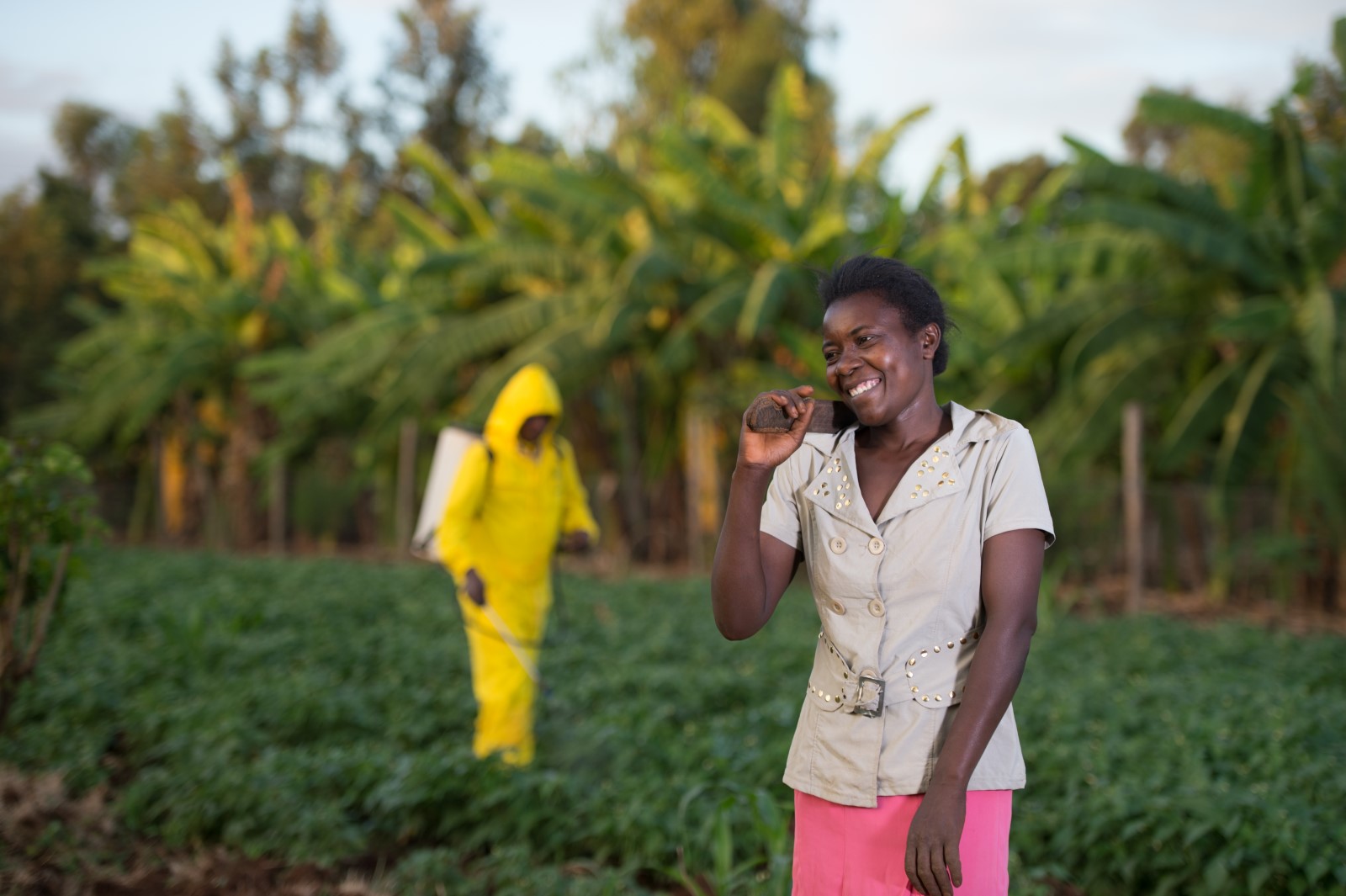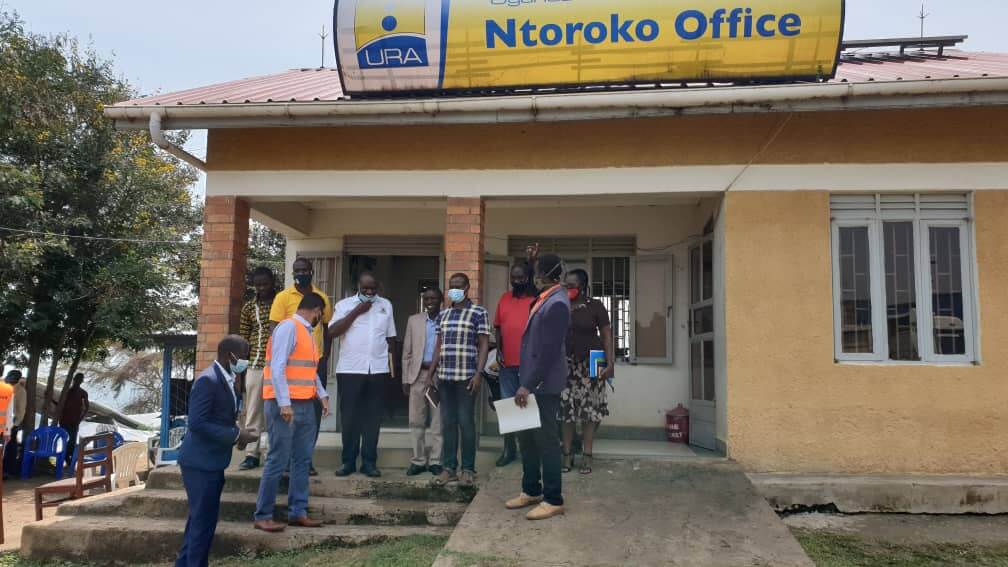[vc_row][vc_column][custom_inner_menus select_menu="project"][/vc_column][/vc_row][vc_row][vc_column][single_project_block_1 heading="Enhancing market access for fresh produce through certification" implementor="Lead: Fresh Produce Exporters Association of Kenya (FPEAK). Others: Fresh Produce Consortium Kenya (FPC-K) and Kenya Flower Council (KFC)." target_group="Farmer groups and pack houses in Kenya" project_value="US$ 485,000" implementation_period="2020 - 2022" download_btn_text="Download Project PDF" download_btn_link="https://www.trademarkafrica.com/download/58990/"]The dynamic and stringent international standards on horticulture products remain an increasing impediment to Kenyan farmers seeking to access export markets. Increasingly, failure by horticultural producers to adhere to restrictions and quality control measures has led to a decline in exports to the EU market, for example. According to the Ministry of Agriculture, the volume of horticulture exports to the EU market dropped by 30 per cent from 4,143 tons in the year 2014 to 3672 tons in the year 2015. This drop is partly attributed to: Inadequate skills in compliance Low capacity in quality management by small scale farmers to comply with stringent market requirements Weak traceability system and lack of information on new emerging markets. The project will support the Kenyan Horticulture industry to thrive and farmers to access markets. This will have an impact on jobs and the fight against poverty because the industry provides employment for 6 million people directly and indirectly. The industry also provides a huge market for pesticides, fertilizers and mechanization further elevating its influence in job creation. Progress: Grant agreement and implementation modalities between FPEAK, FPC-K and KFC have been signed. Action plans on developing the horticultural market information system and export market entry strategies are complete. Selection...
Enhancing market access for fresh produce through certification
Posted on: March 31, 2021
Posted on: March 31, 2021


















